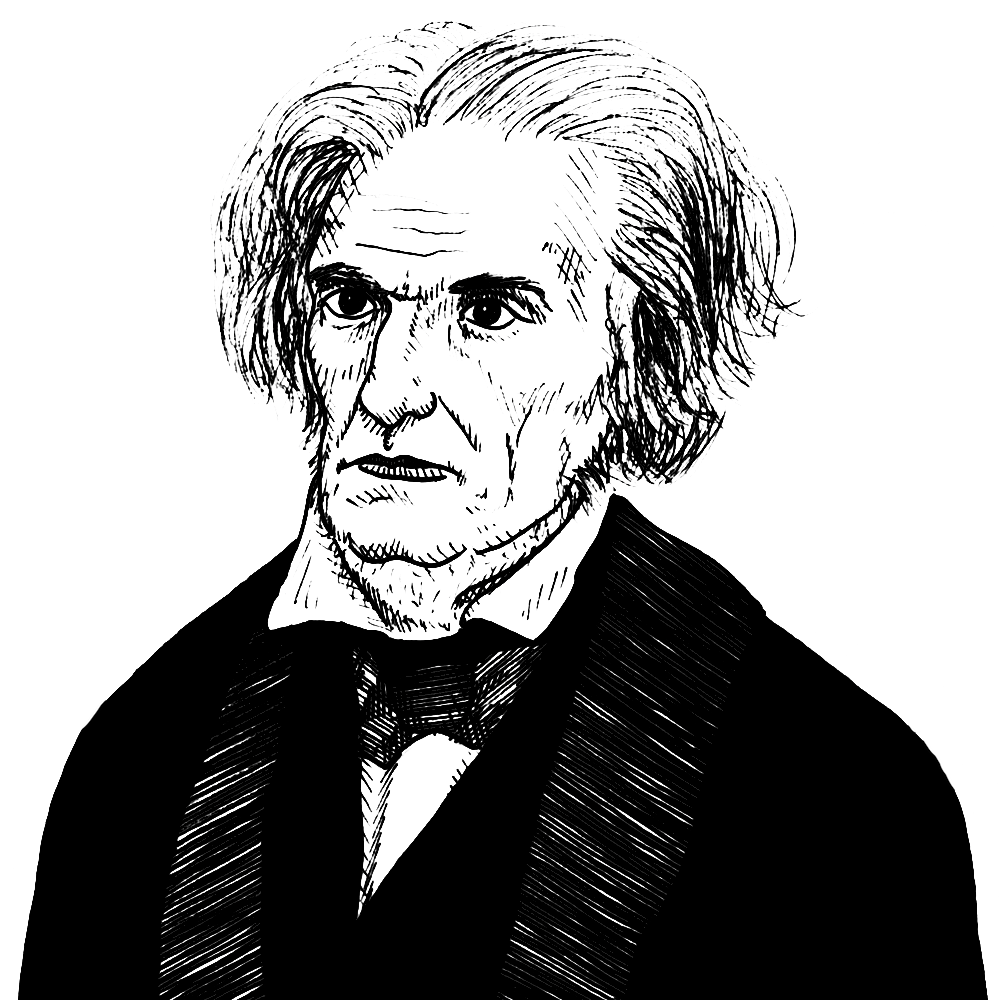
John Calhoun on Slavery as a Positive Good
Found in: Union and Liberty: The Political Philosophy of John C. Calhoun
Despite possessing a penetrating mind on matters relating to liberty and constitutional government, John Calhoun’s reputation will always bear the stain of his unflinching defense of the Southern slave society. Sharing the belief, almost as ubiquitous as it was wrong-headed, that white and black could not live freely together, he subscribed to the increasingly widespread view among slaveholders that slavery in the South was a neo-feudal, beneficent institution. This paternalism came out on the Senate floor in 1837.
Colonies, Slavery & Abolition
But I take higher ground. I hold that in the present state of civilization, where two races of different origin, and distinguished by color, and other physical differences, as well as intellectual, are brought together, the relation now existing in the slaveholding States between the two, is, instead of an evil, a good—a positive good. I feel myself called upon to speak freely upon the subject where the honor and interests of those I represent are involved. I hold then, that there never has yet existed a wealthy and civilized society in which one portion of the community did not, in point of fact, live on the labor of the other. Broad and general as is this assertion, it is fully borne out by history. This is not the proper occasion, but if it were, it would not be difficult to trace the various devices by which the wealth of all civilized communities has been so unequally divided, and to show by what means so small a share has been allotted to those by whose labor it was produced, and so large a share given to the non-producing classes. (FROM SPEECH ON THE RECEPTION OF ABOLITION PETITIONS February 6, 1837) - John C. Calhoun